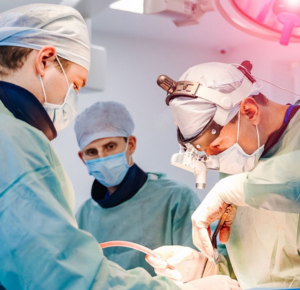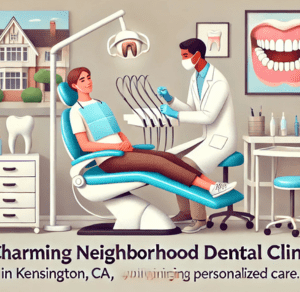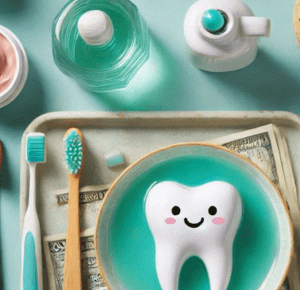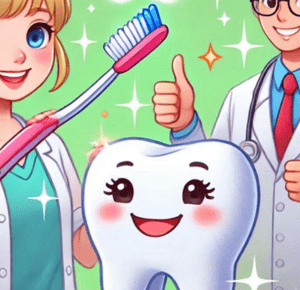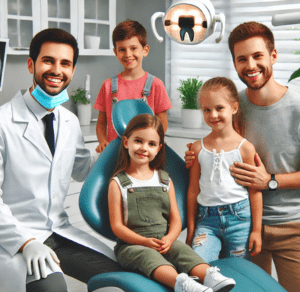Pre-cancer dentistry is a proactive approach to oral health that focuses on identifying and addressing potential precancerous lesions and conditions before they develop into cancer. This approach adopted by the preventive dentist in Torrance, CA recognizes that oral cancer often begins with subtle changes in the mouth, and early detection is crucial for effective treatment.
What are the causes of oral cancer?
The causes of oral cancer include:
- Tobacco use: Smoking, chewing, or snuffing tobacco products increases the risk of oral cancer.
- Excessive alcohol consumption: Heavy drinking, especially when combined with tobacco use, raises the risk.
- Human Papillomavirus (HPV) infection: Certain strains of HPV, like HPV-16 and HPV-18, can lead to oral cancer.
- Poor diet: A diet low in fruits, vegetables, and whole grains may increase the risk.
- Lack of oral hygiene: Infrequent brushing, flossing, and dental check-ups can contribute to oral cancer.
- Genetics: Family history and genetic predisposition can play a role.
- Age: Oral cancer risk increases with age, especially after 40.
- Sun exposure: Prolonged sun exposure, especially to the lips, increases risk.
- Radiation exposure: Previous radiation therapy to the head or neck can increase risk.
- Weakened immune system: Conditions like HIV/AIDS or taking immunosuppressive drugs can increase risk.
- Dental factors: Poorly fitting dentures, sharp teeth, or rough dental work can irritate tissues and increase risk.
- Environmental factors: Exposure to certain chemicals, like asbestos or formaldehyde, may increase risk.
- Hormonal factors: Hormonal changes, like those during pregnancy or menopause, may affect oral health.
- Viral infections: Certain viral infections, like herpes simplex or Epstein-Barr virus, may contribute to oral cancer.
What are the signs and symptoms of oral cancer?
Common signs and symptoms of oral cancer include:
- Unusual bleeding or sores: Bleeding or sores that don’t heal within 2 weeks.
- White or red patches: White (leukoplakia) or red (erythroplakia) patches on the tongue, gums, or lining of the mouth.
- Lumps or thickening: Lumps or thickening of the skin or lining of the mouth.
- Difficulty swallowing or speaking: Trouble swallowing, speaking, or moving the tongue or jaw.
- Persistent pain or numbness: Pain or numbness in the mouth, tongue, or lips that persists.
- Loose teeth or dentures: Teeth that become loose or dentures that no longer fit properly.
- Chronic sore throat or hoarseness: Persistent sore throat or hoarseness.
- Swollen lymph nodes: Enlarged lymph nodes in the neck.
- Unusual sensations: Numbness, tingling, or burning sensations in the mouth or tongue.
- Changes in voice or speech: Changes in voice or speech, such as slurred speech or a hoarse voice.
- Difficulty moving the jaw or tongue: Trouble moving the jaw or tongue.
- Ear pain or hearing loss: Pain or discomfort in the ear or hearing loss.
What are the pre-cancer dentistry strategies?
Pre-cancer dentistry strategies include:
- Regular oral exams and screenings: Frequent check-ups to detect abnormalities early.
- Risk assessment and counseling: Identifying and educating patients on risk factors.
- Tobacco cessation programs: Helping patients quit tobacco use.
- HPV vaccination: Recommending vaccination for eligible patients.
- Nutritional counseling: Encouraging a balanced diet rich in fruits, vegetables, and whole grains.
- Early detection and treatment of precancerous lesions: Identifying and addressing lesions before they become cancerous.
- Oral brush biopsy: A non-invasive test to detect abnormal cells.
- Fluorescence staining: Using special dyes to highlight abnormal cells.
- DNA analysis: Testing for genetic changes that may indicate cancer.
- Patient education and awareness: Informing patients about oral cancer risks, signs, and symptoms.
- Collaboration with medical professionals: Working with physicians and other healthcare providers to ensure comprehensive care.
- Stay up-to-date with the latest research and technologies: Continuously updating knowledge and techniques to provide the best possible care.
- Customized treatment plans: Tailoring treatment to individual patient needs and risk factors.
- Regular follow-up and monitoring: Scheduling regular appointments to monitor patient progress and detect any changes.
Final note
Prevention is key in pre-cancer dentistry. By identifying risk factors, detecting precancerous lesions early, and addressing them promptly, we can significantly reduce the incidence of oral cancer. Regular dental check-ups and good oral hygiene practices are essential for maintaining optimal oral health and preventing oral cancer.

